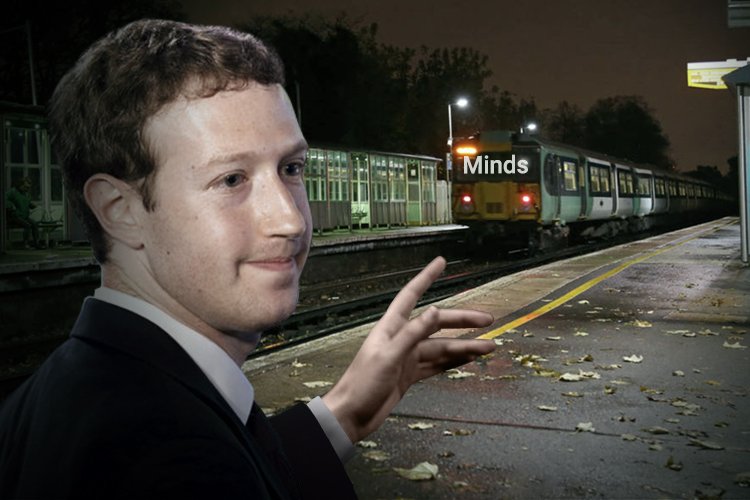DLT: How To Make Money on Freedom of Speech

Mark Zuckerberg is considering the possibility of cryptocurrencies integration into Facebook. But while he is thinking, others are already doing. In the world, there are currently several projects of social networks based on the blockchain technology. In particular, the latest news from the industry is the following: American radio presenter, sports commentator and MMA fighter Joe Rogan and singer Shuter Jennings had arranged a discussion about censorship on the Internet and the future of distributed social networks. Without establishing a physical contact. But this piece of news circulated all over the world's online media. Many people see it as the future social media. Is it so?
According to one of the Internet’s inventors, Professor Leonard Kleinrock, “a wave of interest in the network that does not have a central governing body and where all the participants are integrated into a system that no one owns is waiting for the humanity".
Indeed, the blockchain technology is as if specially created for social networks. At least, it fully implements the principle of sociality like a unified platform for equal participants, not tied to any center for making imperative decisions. Moreover, the more active the user is, the higher his social status is, expressed in specific crypto tokens. However, the integration of this technology solution into the world of avatars and accounts is slow. There are two reasons related.
Firstly, the blockchain technology is not as intuitively comprehensible to users as registering and filling in the form on the website. Everything new is scary at the first glance. Secondly, working with social networks on a distributed registry requires a lot of technical knowledge and resources. But both problems can be solved just with the costs of recognition. They started to discuss the blockchain implementation seriously not so long ago.
Anyway, social networks using this technology are being launched. There are several of them designed for users with varying degrees of Internet skills already. For example, the project of Kin, a chat for teenagers, has collected more than $ 100 million on ICO. Such projects as Steemit, Akasha, Synereo, Sola are also known.
Experts consider the absence of censorship and fake news due to the creation of the authors' rating, the possibility to present content on several platforms at once, the security of the user's personal data and, most important, the ability to capitalize the accounts to be the main advantages of the distributed registry. Simply stated, in blockchain based social networks the author gets not trivial likes, but the real units of the cryptocurrency for a well-received post.
"With the spread of the blockchain social and economic transactions are being improved and democratized we are moving from the Internet as a carrier of information to the Internet as a carrier of value," - says Derin CEG, founder of the Richtopia media company.
Liberty of discussion was declared the main value by the creators of the blockchain social network Minds. They had been connected with the hacker group Anonymous for a long time, the one that aired the Wall Street's dirty laundry in public.
It is possible that Wikileaks will announce the move to the blockchain soon as well. Or Edward Snowden will come up with his project.
Indeed, this technology gives a lot of advantages to the fighters for truth. Information that has fallen into the blockchain cannot be deleted or changed. The distributed registry is difficult to control for the special services. Moreover, the liberty of discussion can be good to earn.
But there is one dark spot in this rosy picture - the peak of popularity of a meaningful and structured content in social networks has fallen behind. The number of users of these resources is still growing. The top line in the world ranking is occupied by Facebook with 2 billion users, YouTube is on the second place with 1.5 billion, WhatsApp messenger is the third one with 1 billion. However, now even Facebook and YouTube are used more as a means of communication between people, rather than platforms for content placement. Humanity is probably tired of political and public information spread through social media. Therefore, the popularity of qualified publications is growing. Especially against the background of significant political events. For example, after the victory of Donald Trump in the US elections, the number of subscribers to the electronic and printed version of the American newspaper "New York Times" grew 10 times, "The Wall Street Journal" tripled. It's like the hype around professional media, which, paradoxically, is not discussed much in the network.
The ideology of texts and visual information spread in the blockchain social network is similar to the printed one. At least because after the information is published, it is not subject to changes, but only to refutation. And if the blockchain technology had appeared 10 years earlier, the image of the Internet would have been different. Fake news would have been spread less often. Maybe it will take another 5-10 years, and the situation in the information market will change again, and the blockchain social networks will take their proper place. But in any case, Zuckerberg can start kicking himself even now.